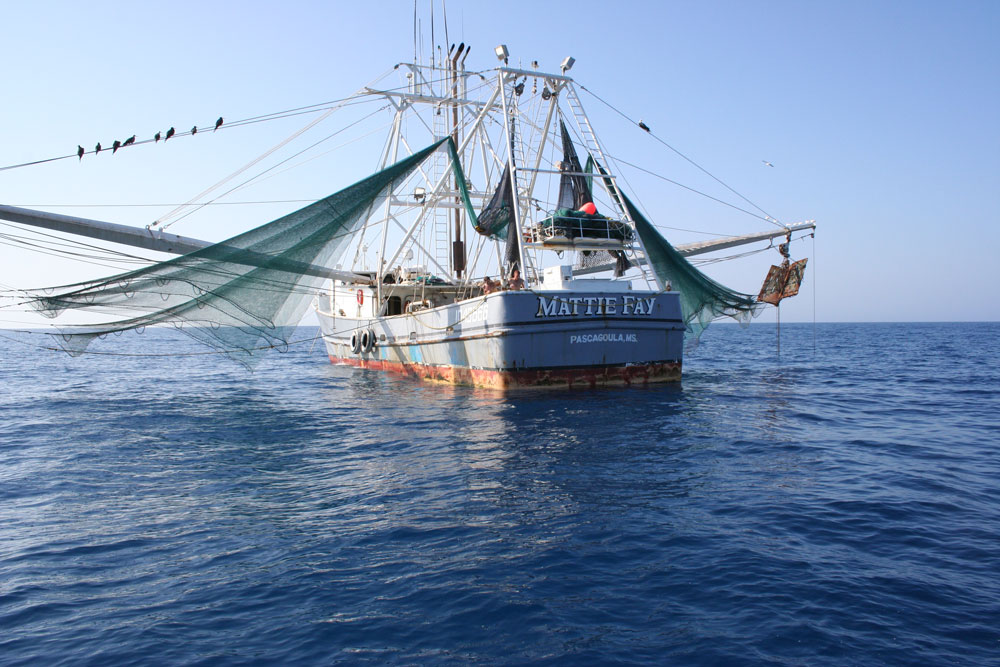Supported by Congressmen Garret Graves (R-La), Gene Green (D-Texas), Daniel Webster (R-Fla), and Rob Whittman (R-Va), the Modernizing Recreational Fisheries Management Act of 2017 (Modern Fish Act) would improve public access to America’s federal waters, promote conservation of our natural marine resources and spur economic growth. And the coalition of groups supporting this legislation is vast: the American Sportfishing Association, Center for Sportfishing Policy, Coastal Conservation Association, Congressional Sportsman’s Foundation, Guy Harvey Ocean Foundation, International Game Fish Association, National Marine Manufacturers Association, Recreational Fishing Alliance, Billfish Foundation, and Theodore Roosevelt Conservation Partnership.
The Act addresses some of the recreational fishing community’s priorities, including making a distinction between commercial and recreational fisheries management, fisheries allocation, and improved data collection. As FishTalk contributor Capt. Monty Hawkins has pointed out on these pages before, there’s a distinct lack of data that reflects reality. Yet clearly faulty data still gets labeled as the “best available,” and is used for decision-making.
Naturally, there are plenty of other problems to address. But, as Mike Nussman, president of the American Sportfishing Association said in a press release sent out today, “The Modern Fish Act addresses the core issues within federal saltwater fisheries management that are limiting the public’s ability to enjoy saltwater recreational fishing, and will help maximize the economic, social and conservation benefits that recreational fishing provides to the nation.”
Note that the introduction of this bill is no accident. In the fall of 2016 this same coalition supported a report spearheaded by the Center for Sportfishing Policy (then called the Center for Coastal Conservation) called “A Vision for Marine Fisheries Management in the 21st Century: Priorities for a New Administration,” to offer guidance in improving access to public waters, creating economic growth, and enhancing the conservation of marine stocks.
We’ll see if the bill passes and gets signed—and if so, in what form—but up to this point we’ve got to say nice job, folks. Very nice job indeed.
